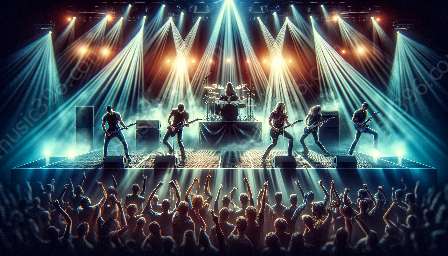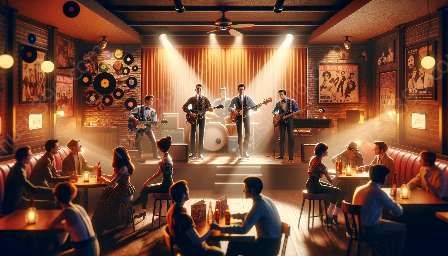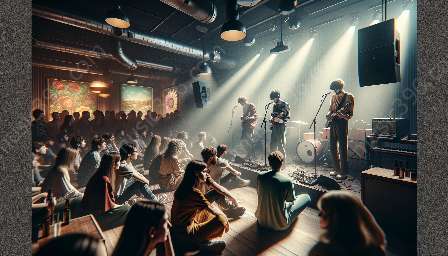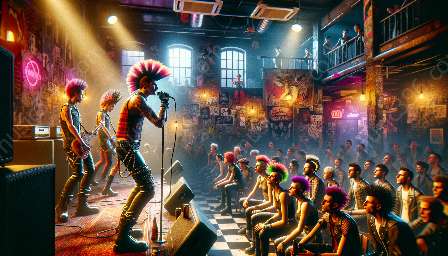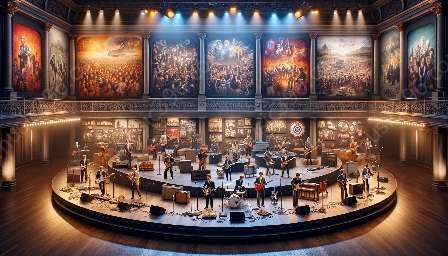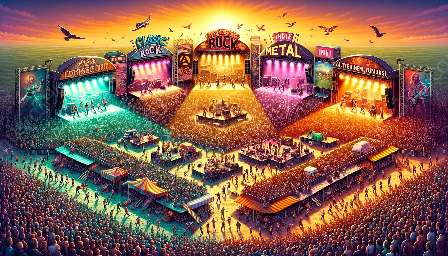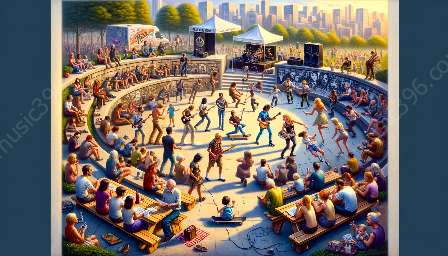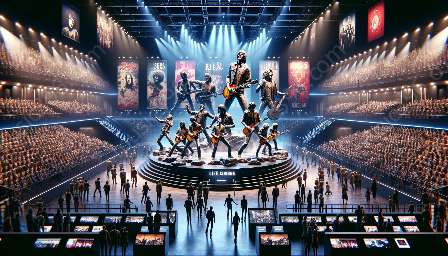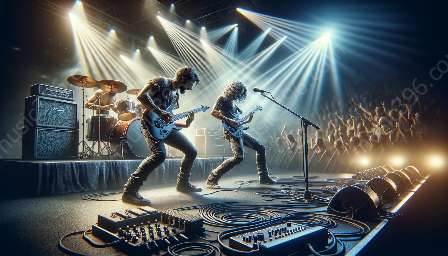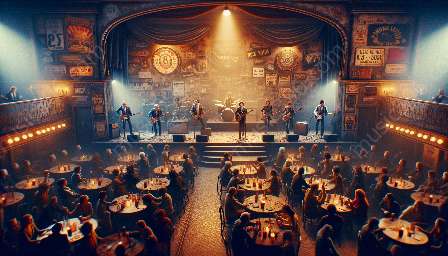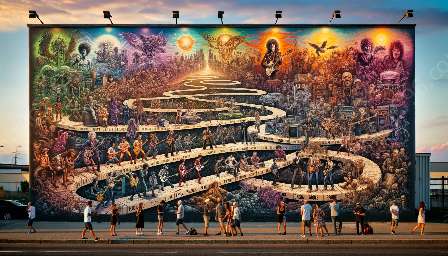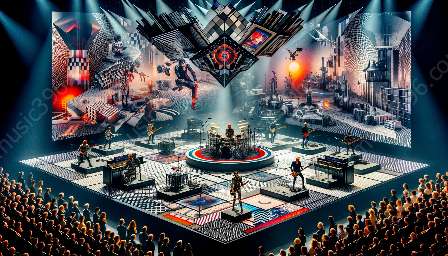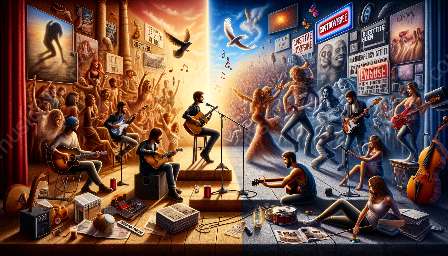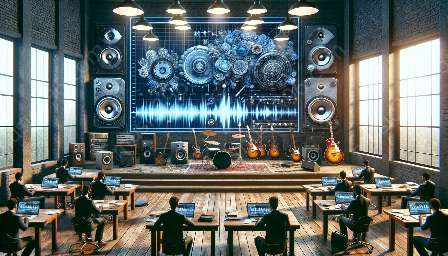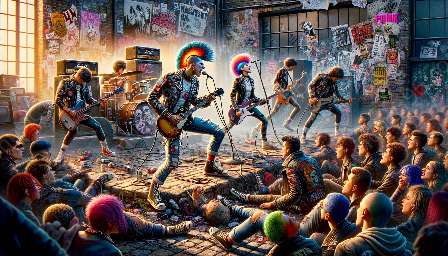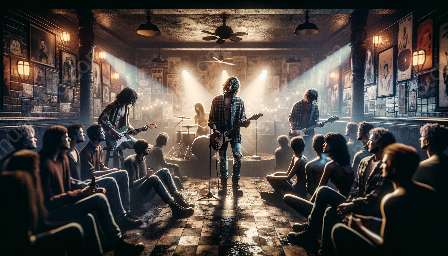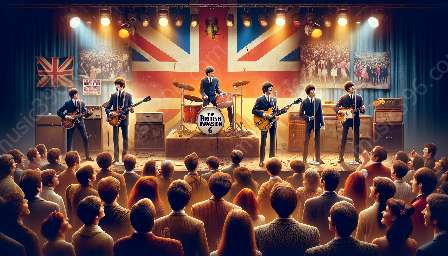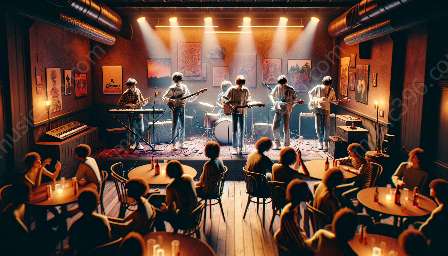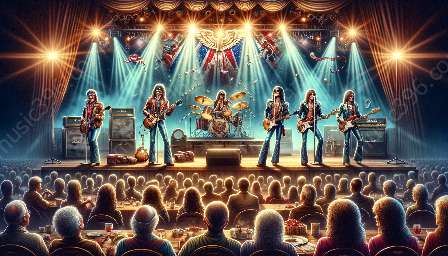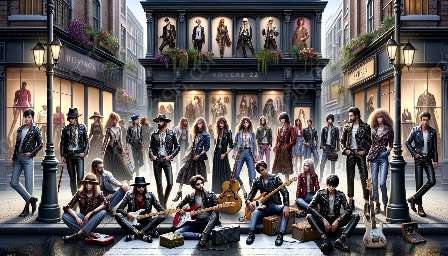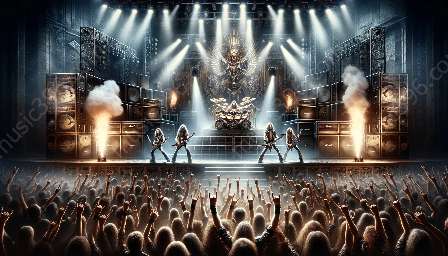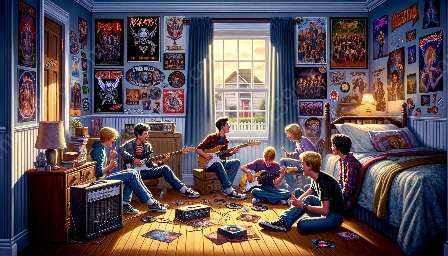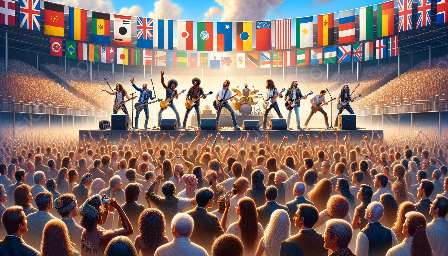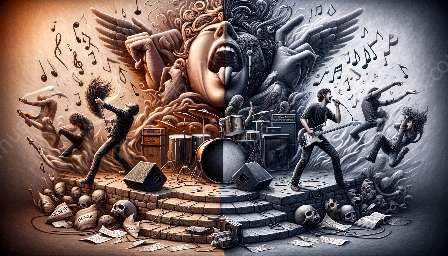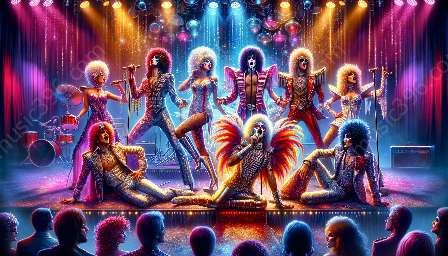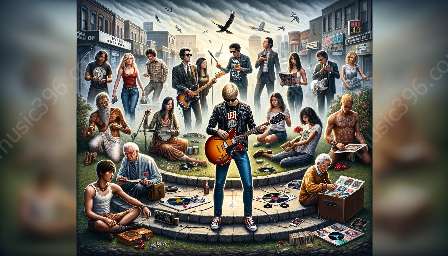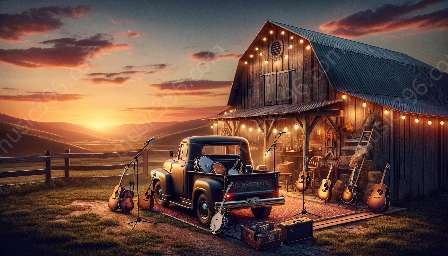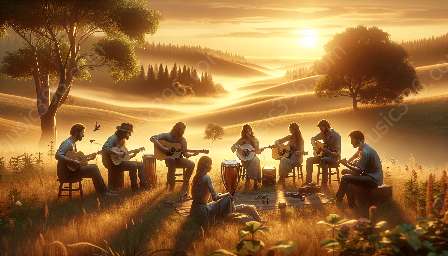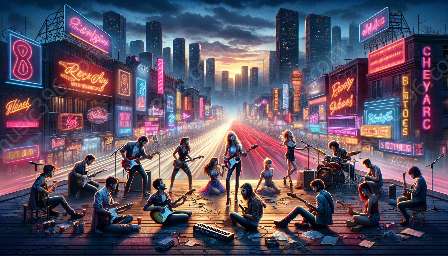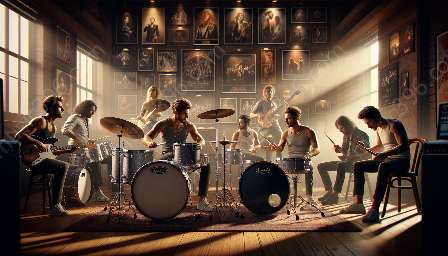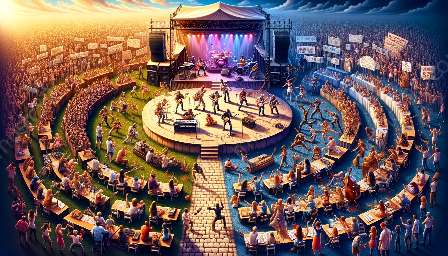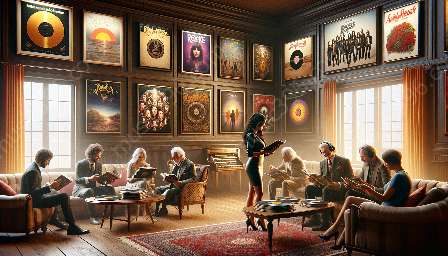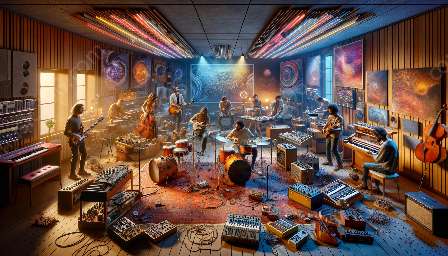Classic rock and stadium rock shows have played significant roles in the evolution of the rock music genre, providing memorable experiences for fans and shaping the cultural landscape. In this topic cluster, we will delve into the history of classic rock, the emergence of stadium rock shows, and their impact on the world of rock music.
The Origins of Classic Rock
Classic rock emerged as a distinctive genre in the late 1960s and early 1970s, characterized by its emphasis on powerful guitar riffs, melodic hooks, and memorable lyrics. Bands such as The Beatles, The Rolling Stones, Led Zeppelin, and Pink Floyd were pivotal in establishing the sound and spirit of classic rock.
Musical Influences
The roots of classic rock can be traced back to the blues, rock and roll, and rhythm and blues music of the 1950s. Artists such as Chuck Berry, Elvis Presley, and Buddy Holly laid the foundation for the energetic and rebellious spirit that would define classic rock.
Evolution of Sound
As classic rock evolved, artists began to experiment with new sounds and production techniques. The use of electric guitars, distortion, and feedback became defining elements of classic rock, leading to the creation of iconic albums and anthems that continue to resonate with audiences today.
Classic Rock and Oldies
Classic rock is often associated with the oldies genre, as both emphasize nostalgia and the enduring appeal of timeless music. Oldies radio stations frequently feature classic rock hits, highlighting the enduring popularity of bands and songs from the genre's heyday.
Cultural Impact
Classic rock and oldies music have a profound cultural impact, serving as a bridge between generations and offering a sense of connection and shared experiences. The music of classic rock and oldies continues to be celebrated at music festivals, retro-themed events, and through various media platforms.
The Rise of Stadium Rock Shows
The emergence of stadium rock shows marked a new era in the live music experience. Bands and artists sought to captivate larger audiences in mammoth venues, leading to the creation of groundbreaking productions and awe-inspiring performances.
Musical Spectacles
Stadium rock shows introduced an unprecedented level of spectacle and grandeur to live music performances. Elaborate stage designs, state-of-the-art sound systems, and stunning visual effects transformed stadiums into immersive environments where fans could lose themselves in the music.
Impact on Fan Experiences
Stadium rock shows revolutionized the way fans engaged with live music, offering a communal and exhilarating atmosphere that transcended traditional concert settings. The shared energy and collective euphoria of thousands of fans singing along to classic rock anthems became a defining feature of stadium rock shows.
Evolution of Fan Experiences
With the development of stadium rock shows, fan experiences evolved to encompass more than just the music. Tailgating, merchandise, and pre-show festivities became integral components of the stadium rock show experience, enhancing the overall sense of camaraderie and anticipation.
Legacy and Influence
The legacy of stadium rock shows continues to influence the concert industry, inspiring modern artists to push the boundaries of live performances and create unforgettable experiences for fans. The impact of stadium rock shows on fan culture and the entertainment landscape remains a testament to the enduring power of classic rock.
Conclusion
Classic rock and stadium rock shows have left an indelible mark on the world of music and entertainment. The evolution of classic rock, its relationship with oldies, and the rise of stadium rock shows have shaped the cultural landscape and provided generations of fans with unforgettable experiences. As the enduring appeal of classic rock continues to resonate, the influence of stadium rock shows serves as a testament to the timeless power of the genre.

